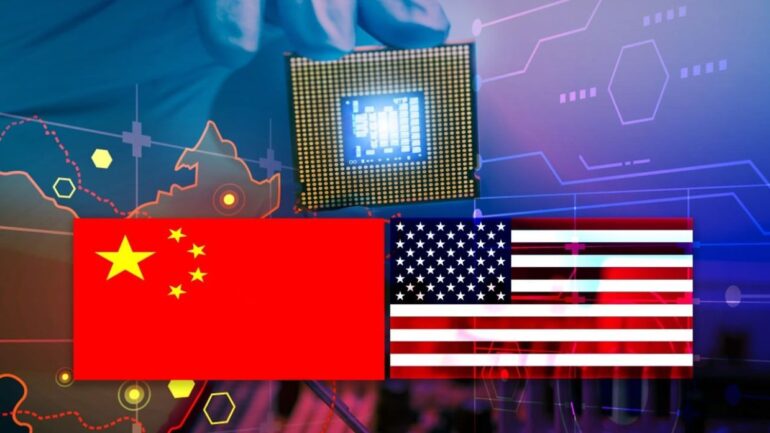- US blacklists four Chinese companies for aiding China’s military with AI chips.
- The Commerce Department imposes strict export restrictions on listed companies.
- Additional restrictions were placed on companies aiding drone production for Russia and Iran.
- Concerns rise over escalating tensions in Ukraine and disruptions in global shipping.
Main AI News:
In a recent move, the United States has taken action against four Chinese companies by adding them to an export blacklist due to their involvement in seeking AI chips for China’s military purposes. This decision was announced by Kevin Kurland, an export enforcement official at the Commerce Department, during a hearing at a US Senate subcommittee focused on enhancing export control enforcement.
These companies have been identified as having connections with providing AI chips to China’s military modernization initiatives and military intelligence users. Their addition to the Commerce Department Entity List, which was disclosed by the government, imposes strict regulations on suppliers. Licenses required for shipping goods and technology to these listed companies are likely to be denied.
According to information published in the Federal Register, four Chinese entities were added to the blacklist for acquiring or attempting to acquire US items in support of China’s military modernization efforts. However, specific details regarding the reasons behind this action were not provided.
The companies identified are Linkzol (Beijing) Technology Co, Xi’an Like Innovative Information Technology Co, Beijing Anwise Technology Co, and Sitonholy (Tianjin) Co. Additionally, the United States has imposed export restrictions on five other companies accused of aiding in the production and procurement of drones for Russia’s use in Ukraine and by Iran-backed Houthis in Red Sea shipping attacks.
Amid escalating tensions, Russia has escalated its drone and missile strikes against Ukrainian energy facilities, leading to significant damage. This has raised concerns about a potential recurrence of the blackouts experienced in the aftermath of Russia’s invasion of Ukraine in February 2022.
The Commerce Department also took action against China’s Jiangxi Xintuo Enterprise Co for its alleged support of Russia’s military by facilitating the procurement, development, and proliferation of Russian drones. Furthermore, Shenzhen Jiasibo Technology Co, a Chinese company, was blacklisted for its involvement in a network procuring aerospace components, including drone applications, for an Iranian aircraft company. Three Russian entities – Aerosila JSC SPE, Delta-Aero LLC, and JSC ODK-Star – were also added to the list for their participation in this network.
These components are crucial in the development and production of Shahed-series UAVs, which have been utilized by Iran for attacks on oil tankers in the Middle East and by Russia during the conflict in Ukraine. The notice published in the Federal Register highlights the disruption caused by attacks on ships, including oil tankers, by Iranian-backed Houthis in the Red Sea, impacting global shipping routes.
The addition of companies to the US Entity List reflects Washington’s perception of them as potential threats to US national security or foreign policy objectives.
Conclusion:
The US decision to blacklist Chinese firms involved in supplying AI chips to China’s military signifies a tightening of export controls and heightened scrutiny over technology transfers. This move underscores the growing geopolitical tensions and highlights the importance of monitoring and regulating the flow of critical technologies in the global market. Companies operating in sensitive sectors should anticipate increased regulatory challenges and compliance requirements in the evolving geopolitical landscape.

